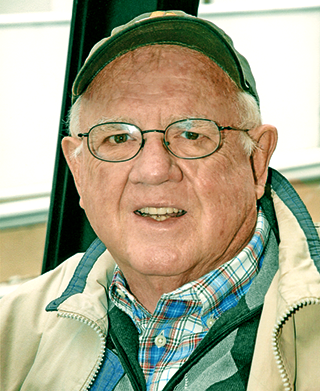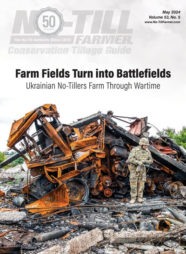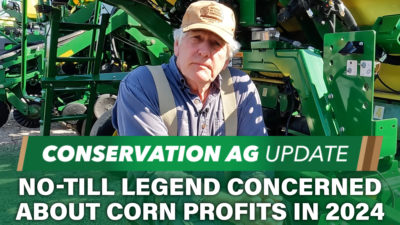Growing concerns about weed resistance were on the minds of many no-tillers, speakers and sponsors during the recent 21st annual National No-Tillage Conference in Indianapolis, Ind. The consensus is that weed resistance is becoming a more alarming issue each year and that these concerns can no longer be ignored.
Advice From Australia
Those conversations reminded me of a comment made by Australian weed scientist Stephen Powles at one of the earlier National No-Tillage Conferences: “When you are on to a good thing with weed control, don’t stick to it.”
Since the introduction of glyphosate-resistant crops in 1996, no new herbicide modes of action have been commercialized. The most recent class of HPPD herbicide inhibitors to reach the market were first commercialized nearly 30 years ago. And while we’ve seen plenty of new herbicides in recent years, they’re either new premixes, formulations of existing active ingredients or new active ingredients added to existing herbicide classes.
For years, growers didn’t worry about weed resistance, counting on chemical companies to introduce new herbicide chemistries. But there is no new breakthrough chemistry coming.
“This reliance places us in a position where resistance to many herbicide groups could spread rapidly across the region,” says Iowa State University weed scientist Bob Hartzler. “To reduce the impact of resistance, steps must be made to diversify the types of herbicides used, incorporate other management tactics where feasible and use cultural practices that enhance the competitiveness of the crop.”
While 24 weed species are resistance to glyphosate, there are 69 triazine-resistant weed species and 127 weed species that are resistant to ALS inhibitors around the world.
Russian Roulette Regrets
When Australian no-till educator Bill Crabtree spoke at the 2012 National No-Tillage Conference in St. Louis, he recalls getting blank stares from attendees wondering why he was bothering them with concerns about weed resistance.
He maintains U.S. farmers are playing Russian roulette with glyphosate. A large-acreage no-tiller in western Australia, Crabtree says his country’s farming experience with herbicide-resistant weeds is littered with regrets.
“Our best farmers got resistance first and are now paying a high price for being blasé, since they figured a few escapes were no big deal,” he says. “Australian farmers have lost many herbicides over 30 years due to a lack of rotational herbicide-use patterns and sub-lethal dose rates used with weaker herbicides.” Crabtree recommends rotating glyphosate with other herbicide chemistries such as Liberty.
No-tillers need to start listening and rotating herbicide chemistries. Unlike the Aussies, we can’t afford to wait until it’s
too late.







Post a comment
Report Abusive Comment